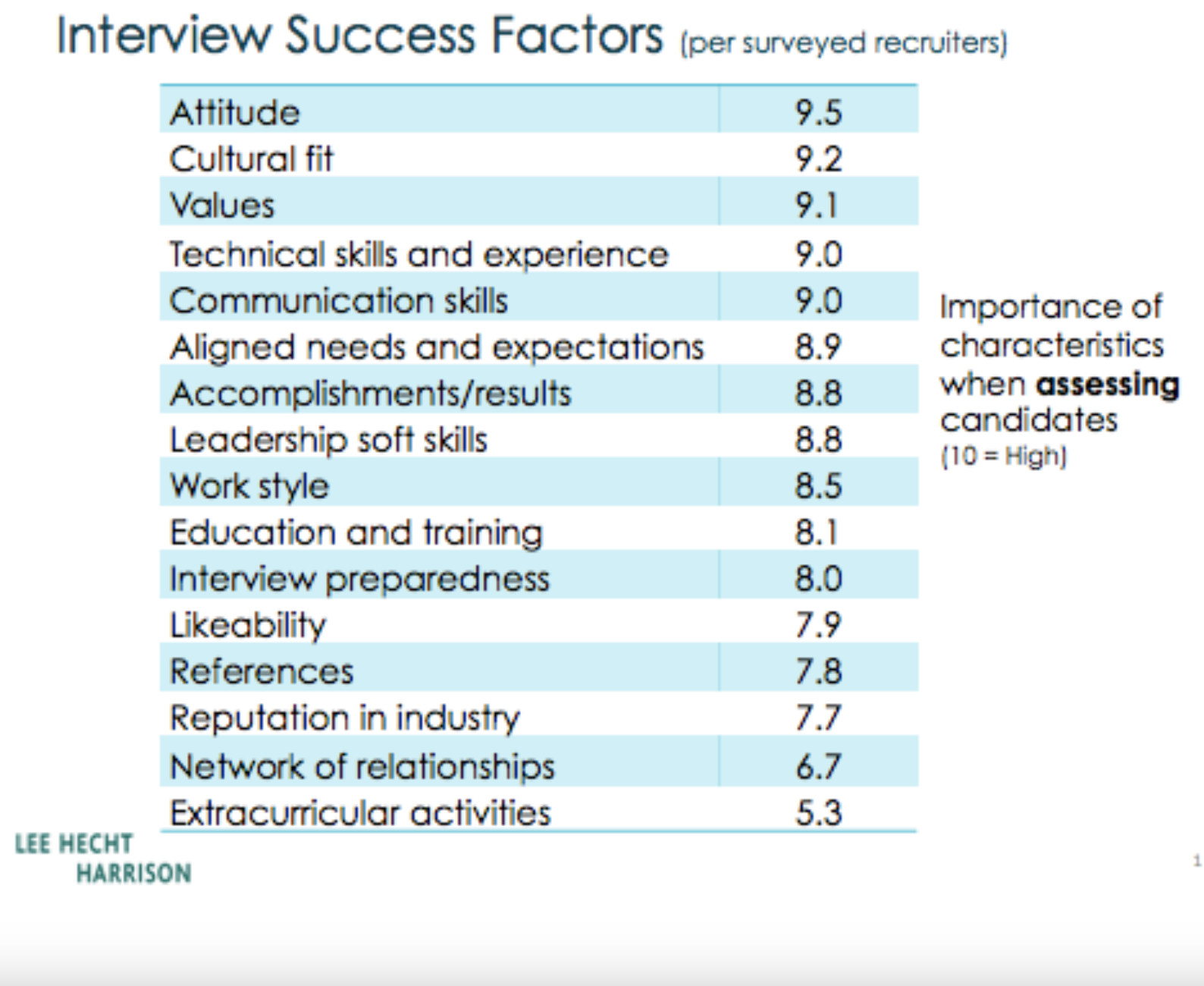Last week I facilitated an interviewing workshop. It was my first time with the material, my first time making a long-distance drive to present for a client, and my first time talking with anyone from the organization.
I was dreading it.
Plus, many of the people in the room had been with the organization for twenty years or more. They hadn’t updated their resumes much less had an interview since the ‘90s.
Imagine. Since Kurt Cobain was alive, lumberjack plaid was in, and I owned this Apple product.
My job was to teach them everything they needed to know about interviewing.
That line of thinking was a recipe for disaster. Trying to cram in everything usually produces (for me, anyway) an inability to absorb anything.
I wanted this group of loyal, hardworking employees to walk out of that room feeling capable, confident, and valued—and I figured that overwhelming them with information would not be the best solution.
What was the most important thing for them to know?
Who you are.
According to a survey of recruiters conducted by Lee Hecht Harrison in 2016 (see below), your attitude, cultural fit and values are the top three items that are important in hiring decisions. In essence, those are the things that make up who you are. Skills rank fourth in importance. Skills can be learned. Yes, you need to have the capacity to learn the skill and be able to get the job done, but who you are is far more important.
This requires that you know yourself.
It also means showing up as yourself, yes, as your “best” self, but not as some fake version. For some of us, well-practiced at the art of telling people what we think they want to hear, this is challenging to say the least. Especially when we really need a job.
I shared a story about how I had failed to show up as myself during the interview process for a job I got a number of years ago. In the final round of an interview with the Executive Director, I was asked: “So, do you think that communicating about healthcare quality data is something you’d really enjoy doing?”
I lied. I nodded my head emphatically and said, “Sure, uh huh. Yes.”
I had just admitted to a full workshop of people I’d never met before that I lied in an interview! What was I thinking?! This is a career-limiting move and ill-advised. (For the record, I do not recommend lying, ever.)
This admission was out of my mouth before I take it back, and I could sense the surprise from the workshop participants. People don’t normally admit things like this. Not only had I committed an interviewing gaffe, I’d just committed a presenter gaffe by telling everyone I was a liar!
But they were all staring at me, so I had to move on. Since I’d already let the cat out of the bag and admitted to lying in the interview, I told them the rest of the story, which wasn’t pretty.
I got the job. And within five weeks, I was panicked because I was in way over my head. Over the course of two years, my self-confidence eroded and I could no longer remember what I was good at. I hated what I was doing (it turns out data = statistics, which I’d almost failed in college) and my attitude showed it. I was graciously let go. (Thank. God.)
What is the point of all of this and how does it relate to an interview workshop? It was clear that I wasn’t trying to impersonate a polished presenter.
While I didn’t trip over the power cords, I did have trouble switching the slides and getting the projector clicker to work. I also stumbled when answering some of their questions, but I was honest with them and didn’t provide canned, perfected answers. Sometimes, I was a little awkward.
Most of all, they saw in action, what it looks like when someone shows up as themselves. Being imperfect allowed them to see it’s ok to be themselves.
That’s what I choose to believe, anyway.
Here’s the funny thing. The evaluations were good. Great, even. They liked me. They learned. They had fun and were engaged. I didn’t have to be a perfect presenter.
You don't have to be a perfect interviewee. You just have to be you.

